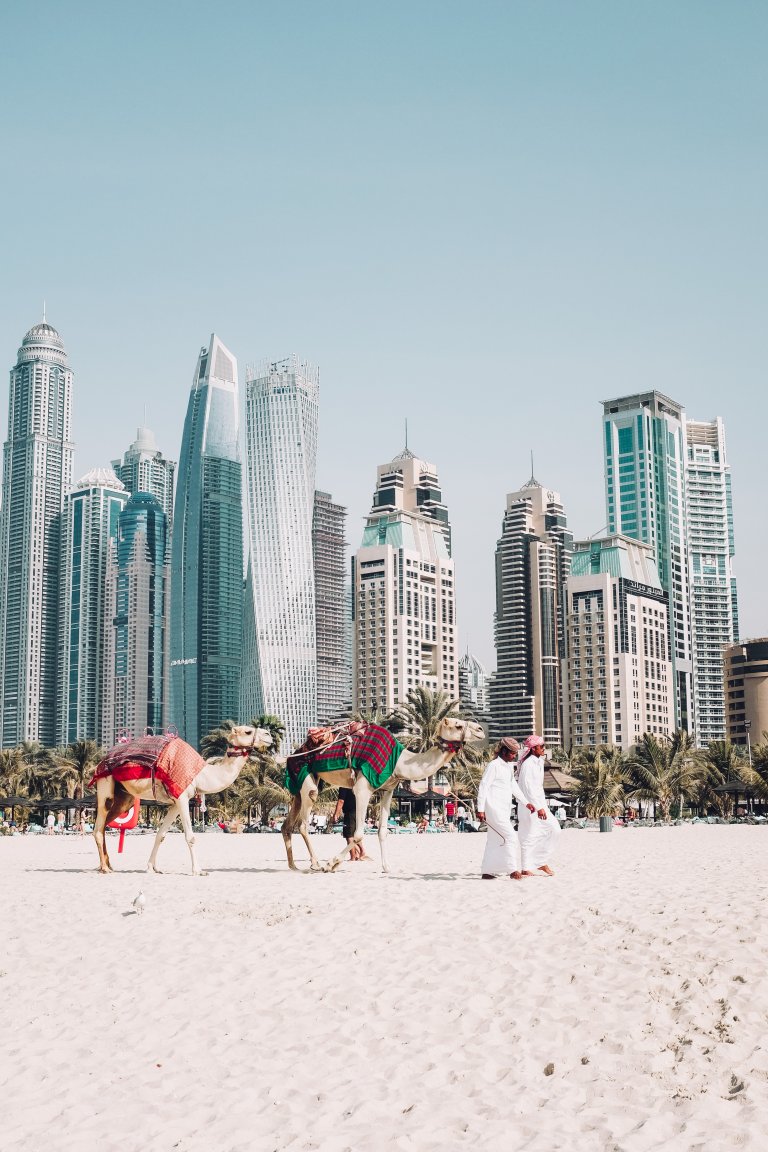The Digital Transformation of Dubai
Over the past two decades, Dubai has undergone a remarkable transformation from a small fishing village to a global hub for tourism, trade, and technology. The city’s rapid growth and development can be attributed to its visionary leaders and their commitment to embracing innovation in all aspects of life. One of the most notable examples of this commitment is the digital transformation of Dubai, where the city is leveraging technology to enhance its infrastructure, services, and overall quality of life for its citizens and residents. This phenomenon is often referred to as “Digitized Dubai.” Let’s take a closer look at what this means and how it is shaping the future of the city.
Smart City Initiatives
The foundation of Digitized Dubai lies in its smart city initiatives, which aim to use technology to create a more efficient and sustainable city. These initiatives cover various aspects, from transportation and energy to healthcare and education. One of the most significant projects in this area is the Dubai Smart City project, which was launched in 2014 and has a goal of making Dubai the smartest and happiest city in the world by 2021. Some of its key initiatives include the deployment of smart transportation systems, smart energy meters, and the use of artificial intelligence in various government services.
One of the standout examples of the city’s smart transportation system is the Dubai Metro, which is the longest automated metro network in the world. It uses cutting-edge technologies such as driverless trains and smart ticketing to provide a convenient and eco-friendly mode of transportation. Additionally, the city has also implemented a fleet of electric buses and taxis, reducing its carbon footprint and promoting sustainable mobility.
Digital Transformation in Government Services
Another essential aspect of Digitized Dubai is its focus on digitizing government services, making them more accessible, efficient, and user-friendly. The Dubai government has been a pioneer in this area, launching numerous initiatives such as the DubaiNow app, which allows users to access over 55 government services through a single platform. This not only saves time and effort for citizens and residents, but it also reduces the need for physical interaction, particularly during the ongoing pandemic.
Furthermore, the government has also implemented the “Smart Dubai Platform,” which aims to collect and analyze data from multiple government agencies to provide more personalized and seamless services to its residents. For instance, through the platform, authorities can monitor and analyze traffic data in real-time to identify and rectify bottlenecks, thus improving overall traffic flow.
Advancements in E-Governance
The digital transformation in Dubai has also led to significant advancements in e-governance, with a focus on creating a paperless and more efficient government. One of the most notable initiatives in this area is the Dubai Paperless Strategy, which aims to eliminate the use of paper in all government transactions by the end of 2021. This has shown tremendous results, with a 76% reduction in paper usage in government transactions between 2016 to 2020.
Online payment systems have also been heavily promoted, making it possible for citizens and residents to pay their bills and government fees without having to visit a physical office. This has not only saved time and effort but has also reduced the potential for human error in transactions. Additionally, digital signature systems have been introduced, making it easier for individuals and businesses to sign official documents online, further promoting the paperless movement.
Digital Infrastructure
A critical aspect of Digitized Dubai is its digital infrastructure, which serves as the backbone for all digital initiatives and services. Dubai has invested heavily in developing a robust network and data center infrastructure, with several free zones dedicated to providing IT and technology services. This not only enables the seamless delivery of government services but also supports the growth of the private sector and entrepreneurship in the city. Moreover, the government has also invested in developing state-of-the-art fiber optic networks, 5G technology, and smart city platforms, providing the necessary infrastructure to support future advancements in technology.
The Impact of Digitized Dubai
The digital transformation of Dubai has had a tremendous impact on all aspects of life in the city. Its smart infrastructure, efficient government services, and digitization of processes have contributed to making Dubai one of the most advanced and connected cities globally. This has not only enhanced the quality of life for its residents but has also attracted businesses and organizations from around the world, boosting the city’s economy and further solidifying its position as a global hub.
Conclusion
Digitized Dubai is a shining example of how embracing technology and innovation can transform a city and its economy. Its smart city initiatives, advancements in e-governance, and robust digital infrastructure have not only improved the efficiency of government services but have also created a more connected and sustainable city. As Dubai continues to make strides in its digital transformation journey, it is sure to inspire other cities around the world to follow suit and create a more connected and prosperous future for all.
Tags: 1. Digitization 2. Technology 3. Dubai 4. Innovation 5. Urbanization